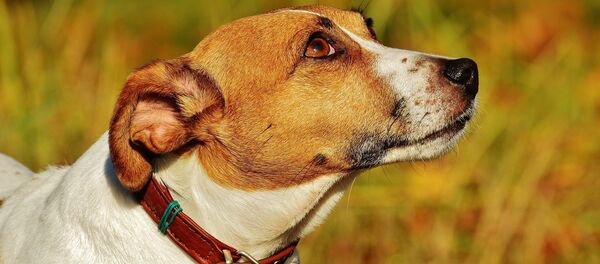In a series of experiments, comparative psychologist James R. Anderson and his colleagues worked out that dogs and capuchin monkeys exhibit an almost human-like sense of morality.
The researchers found that dogs were less inclined to accept treats from people they perceived as acting selfishly or rudely. Anderson believes this is proof that man's best friend is capable of making social judgements similar to those of babies, even if it is not necessarily a conscious reaction.
In a piece called "Third-party social evaluations of humans by monkeys and dogs," published in the journal Neuroscience and Behavioral Reviews, the researcher explained, "The studies reviewed here have shown that, like young human children, monkeys and pet dogs are not merely passive observers of other individuals' interactions."
"Instead, in some circumstances at least, they pay attention to the outcome of the interaction, evaluate how the actors behave, and make use of that information in reaching a decision about which individuals to interact with or to avoid."
Our own sense of right and wrong may also have its roots in these sorts of primitive evaluations of others.
"I think that in humans there may be this basic sensitivity towards antisocial behavior in others." Anderson told the New Scientist. "Then through growing up, inculturation and teaching, it develops into a full-blown sense of morality."




